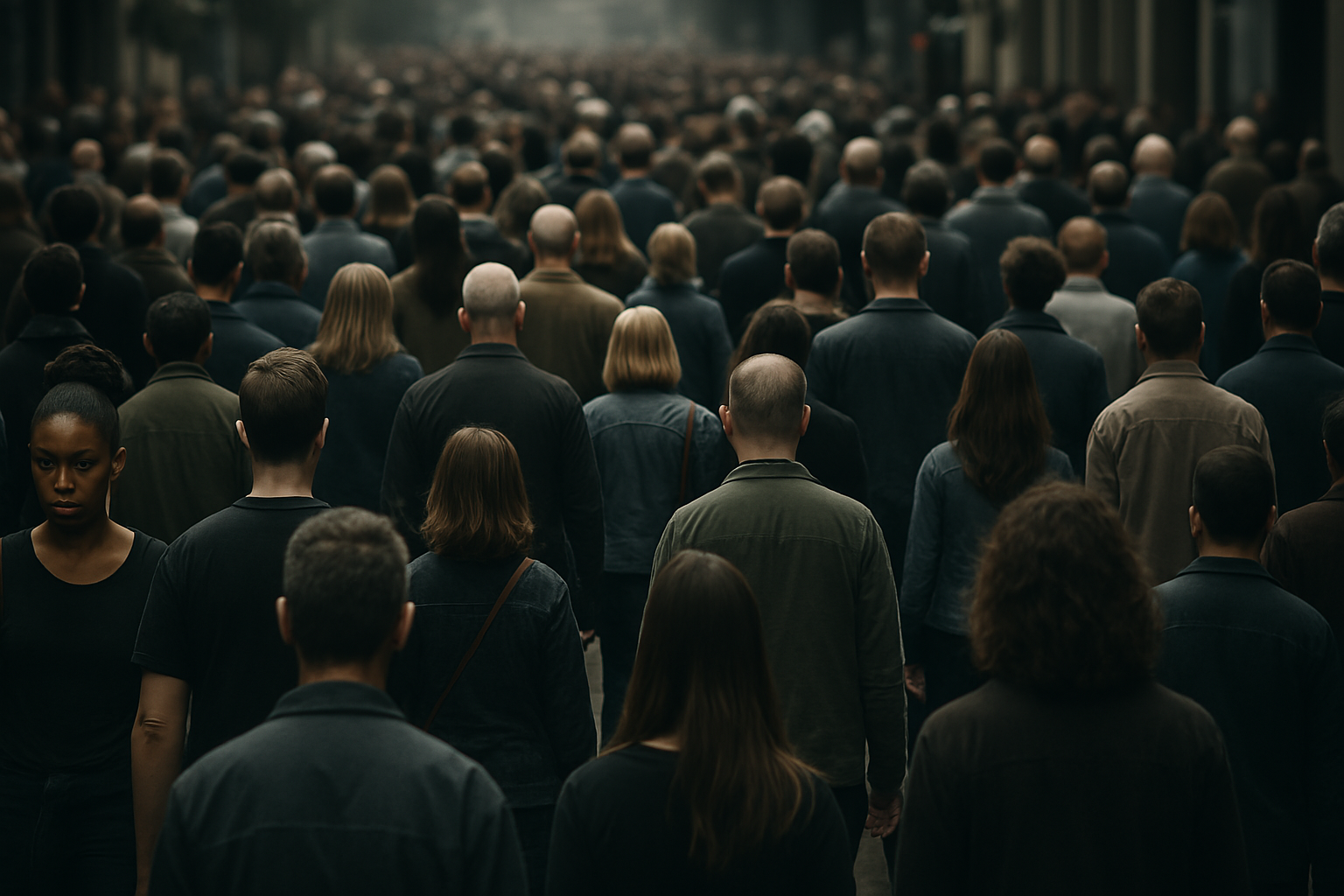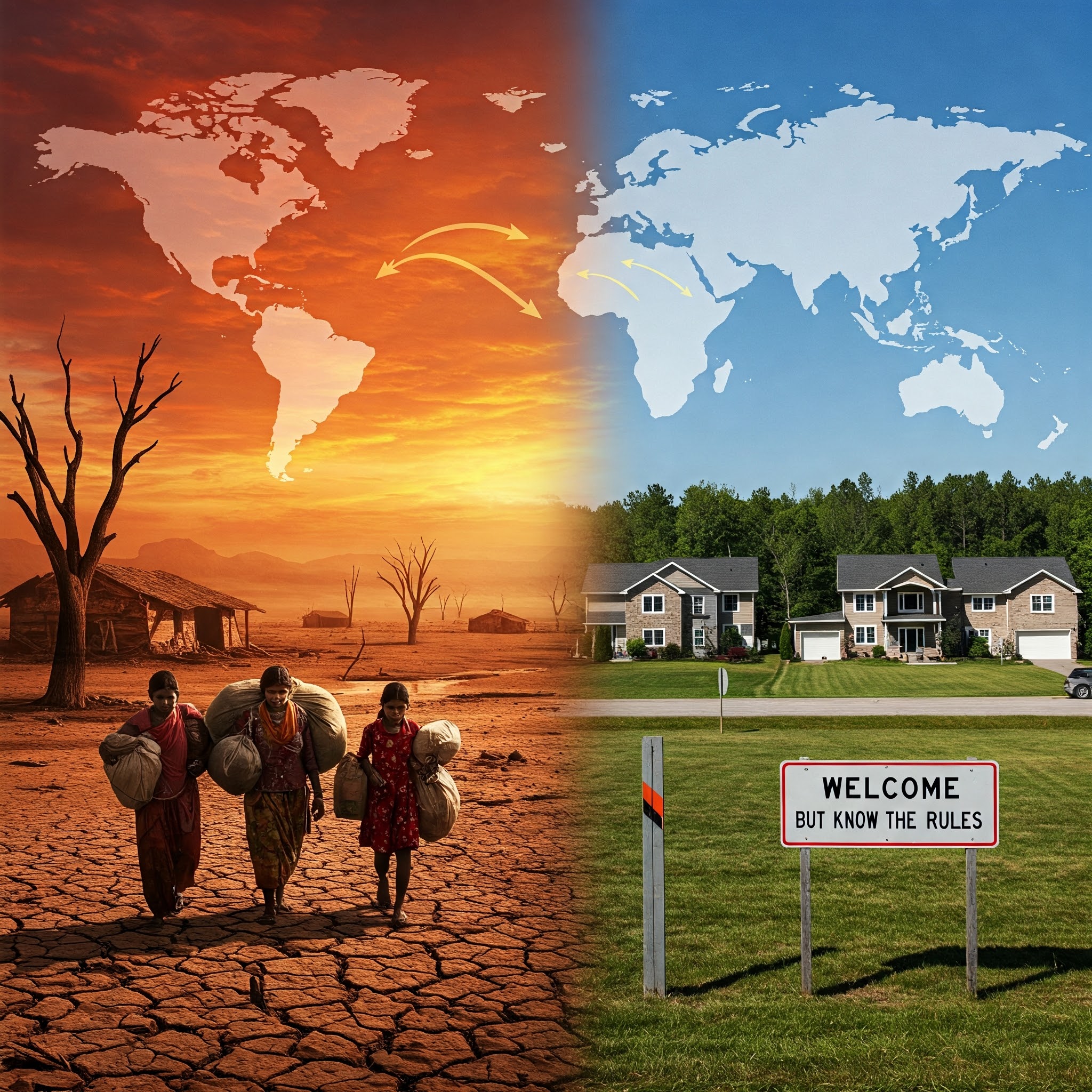As 2025 unfolds, record-breaking temperatures scorch parts of the planet once considered stable. Regions across Africa, the Middle East, and South Asia are seeing deadly heatwaves, dried-up water sources, and agricultural collapse. Climate change is no longer a distant threat—it’s now displacing people, destroying livelihoods, and rendering entire regions uninhabitable.
But here’s the uncomfortable truth:
The countries most responsible for this crisis—the industrialized West—are the least affected, at least for now.
The Facts:
Just 10 countries are responsible for more than two-thirds of global emissions. Most of them are Western or industrial powers.
Canada, with one of the highest per-capita emissions rates, contributes disproportionately to global warming, despite its small population.
1.2 billion people are projected to be displaced by 2050 due to climate-related factors such as drought, flooding, and extreme heat.
There is no international legal recognition of “climate refugees.” This leaves displaced populations without protection or recourse.
Western nations continue to grow economically while exporting the worst effects of climate change to the Global South.
And yet, when the victims of this crisis begin to migrate—seeking survival, not comfort—they’re met with closed borders, cultural gatekeeping, and demands to assimilate.
The Moral Dilemma:
What right do we, in countries like Canada, have to deny entry to those fleeing problems we helped cause?
And more troubling:
What right do we have to demand that they adopt our way of life to survive here?
Should a Muslim family forced to flee their homeland due to drought be required to fit into a “Christian” cultural mold to be accepted? Should they leave behind their identity to gain shelter?
Or is the West, once again, using crisis as a way to reshape the world in its own image—causing the problem, then setting the terms for how it’s solved?
The Inconvenient Reality:
There is no serious plan to integrate climate migrants into Western societies. Governments speak of multiculturalism and sustainability, but they continue to support fossil fuel industries, build walls, and ignore the long-term implications of forced migration.
You won’t find this discussion at the UN. You won’t hear it in parliament. Solutions that upset the apple cart aren’t welcome in institutions where comfort and control come first.
A Final Word:
This is the kind of discussion that should be had at the UN, in parliaments, and around kitchen tables. You’re not going to hear it from people on committees or global stages—because they’re all talk and no action. But we still have a chance to ask hard questions and demand better.
Because if we don’t, the world won’t just get hotter—it will get meaner, more divided, and dangerously indifferent to the survival of others.
And when the fire reaches our door, there may be no one left to open it.

